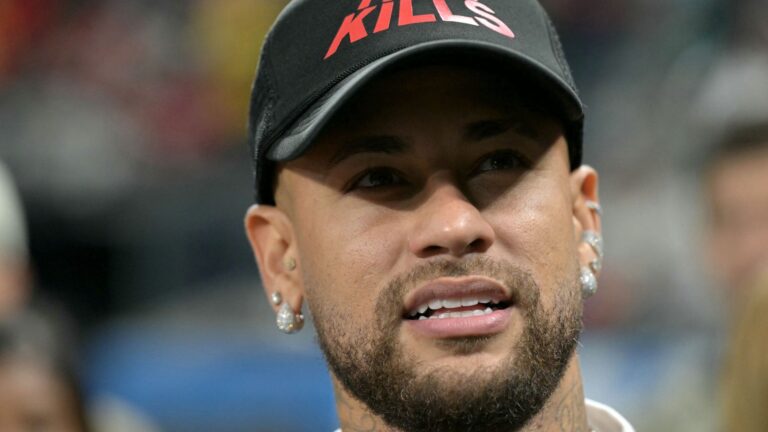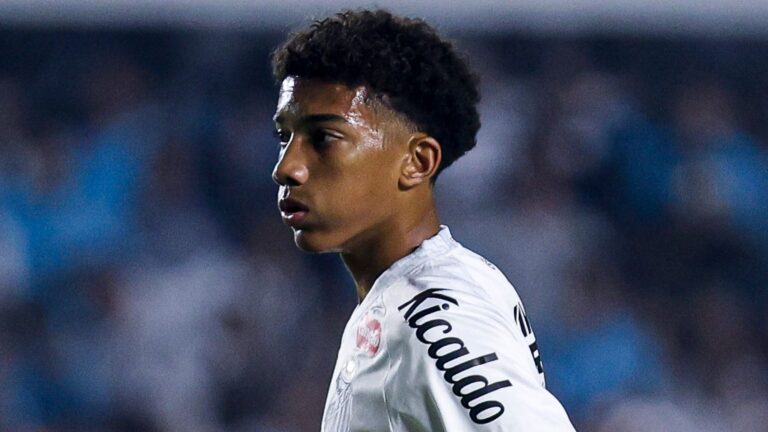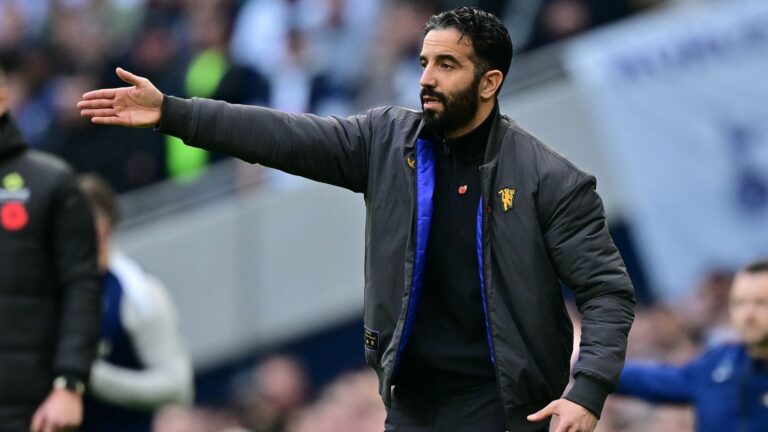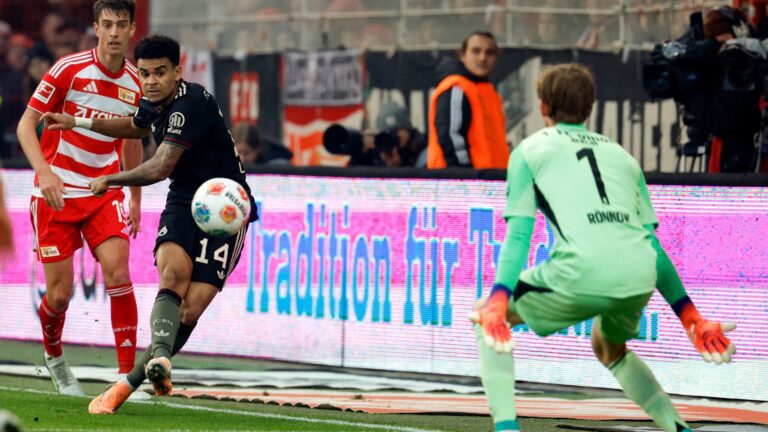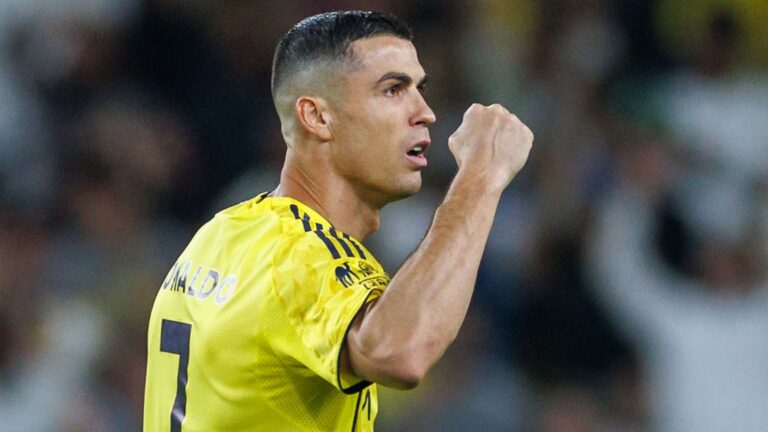Unveiling the Dark Side: Mafia’s Grip on Italian Football
Juve Stabia and Serie B have been thrust into turmoil after their recent successes, as revelations of deep-rooted connections to the Camorra have upended everything. The club’s ascent to seventh place following a 2-0 triumph over Avellino in a heated derby had sparked hopes of promotion to Serie A within three years. Yet, these dreams have crumbled under accusations from Italy’s National Anti-Mafia Prosecutor, Giovanni Melillo, who claims the team operates under the sway of the Camorra, particularly the D’Alessandro and Imparato clans.
Juve Stabia Seizure Exposes Widespread Camorra Infiltration in Serie B
In response to these allegations, authorities have imposed receivership on the club through Italy’s Anti-Mafia Code, a regulation established after the tragic 1992 murders of anti-mafia judges Giovanni Falcone and Paolo Borsellino. Enforced by the Naples Police Headquarters, this action seeks to reinstate honesty and openness within the organization amid claims of extensive criminal involvement. This event represents only the third instance of a professional football team in Italy facing such a judicial takeover, following precedents with Foggia and Crotone, though Stabia’s situation is deemed the gravest. Officials are now contemplating requests to the Italian Football Federation (FIGC) to delay upcoming games, such as the anticipated home match against Bari scheduled for October 29.
Origins of the Probe and Extent of Criminal Reach
Prosecutors assert that the Camorra’s dominance permeated virtually all facets of the club’s functions, including security measures, food services, transportation arrangements, and ticket handling. The inquiry kicked off in February 2025 when a routine law enforcement check uncovered that an individual tied to the Imparato clan was managing stadium safety protocols. Subsequent discoveries escalated, revealing instances of prohibited attendees entering games with fabricated identities, complimentary tickets given to confirmed clan associates, and manipulated attendance logs at the Menti Stadium.
The Impact on Fans and Evasion of Restrictions
During the previous season, as many as 38 supporters of Juve Stabia received stadium prohibitions, with 22 of them suspected of links to organized crime groups. Evidence suggests these restrictions were frequently bypassed through insider assistance. Officials characterized the takeover as all-encompassing, noting that “the athletes focused solely on the field; the Camorra managed the rest.”
Broader Ramifications for Serie B and Football’s Vulnerability to Crime
This pervasive influence has eroded confidence in Serie B’s oversight and revived worries about how susceptible football is to unlawful activities, particularly in areas where groups like the Camorra, ‘Ndrangheta, and Cosa Nostra hold significant economic sway.
Patterns in Other Clubs and Judicial Safeguards
Juve Stabia’s ordeal mirrors a disturbing pattern in Italian football. For instance, just weeks ago, the Serie C team Crotone underwent a year-long judicial oversight due to evidence of ‘Ndrangheta’s role in aspects like venue operations and financial backers. Likewise, in Foggia, local criminal factions manipulated earnings from admissions and dictated security during matches.
Purposes of Legal Interventions and Unique Aspects of This Case
In every scenario, the objective of these legal steps has been to offer protection rather than retribution, aiming to “guard teams and their communities against illicit dominance.” Nonetheless, the Juve Stabia incident is notable for its breadth and occurrence, especially given the club’s recent achievements and shift to international ownership, which painted it as reformed and untainted outwardly.
The Failed Overhaul by New Investors and Its Consequences
The acquisition by Brera Holdings, an Irish-based investment entity that secured a 52 percent share in June 2025, was intended to update and streamline the club’s activities. However, recent claims indicate that the new management “absorbed existing financial connections that were already compromised by mafia influences” and did not disconnect from them. This has transformed a planned business growth into a major scandal affecting the club’s image.
Challenges for Football Authorities in Combating Criminal Exploitation
For the FIGC and Serie B leaders, this seizure raises critical issues regarding the persistence of entrenched criminal organizations in leveraging football assets. Italy’s secondary leagues, frequently underfunded and managed at the local level, are especially at risk to incursions by such groups looking for power, avenues for illicit funds, or community leverage.
Future Oversight and Potential Outcomes
Moving forward, the courts will assign overseers to handle the club’s routine affairs, as the FIGC assesses if Stabia can proceed with competitions without risk. Penalties like point losses or demotion might ensue if evidence of outright collaboration emerges. At present, this action underscores the ongoing conflict in southern Italian football – not merely among teams, but between upholding the law and rooting out corruption.
As highlighted by Prosecutor Melillo: “The intent is not to dismantle football in Campania, but to set it free.” The path to restoring Juve Stabia’s standing, though, is still uncertain.
The Seizure of a Serie B Club by Anti-Mafia Prosecutors
Background on the Anti-Mafia Operation
In a dramatic turn of events in Italian football, anti-mafia prosecutors have taken bold action by seizing a prominent Serie B club amid allegations of ties to the Camorra, the notorious organized crime syndicate based in Campania. This operation highlights the ongoing battle against corruption in Italian sports, where criminal networks have historically infiltrated clubs for money laundering and influence. The seizure has sent shockwaves through the football community, raising questions about the integrity of Serie B and the broader landscape of Italian football governance.
Prosecutors, acting on intelligence gathered from years of investigations, targeted the club due to suspected financial irregularities and covert Camorra involvement. Key evidence reportedly includes illicit fund transfers and connections between club officials and Camorra figures. This isn’t an isolated incident; Italian authorities have previously cracked down on similar cases, such as those involving other clubs in Serie A and lower leagues, emphasizing the pervasive threat of organized crime in anti-mafia efforts.
- Key players in the investigation: Anti-mafia prosecutors from Naples and Rome coordinated the operation, involving forensic accountants and law enforcement to freeze assets and suspend club operations temporarily.
- Timeline of events: Investigations began quietly in early 2025, escalating to a full seizure in October, which aligns with the current Serie B season and has disrupted match schedules.
The Camorra’s Influence in Italian Football
The Camorra’s alleged links to the seized Serie B club underscore a deeper issue: how organized crime groups like the Camorra exploit football for financial gain and social leverage. Unlike the Sicilian Mafia or ‘Ndrangheta, the Camorra operates more as a loose network of clans, making it particularly adept at infiltrating local businesses, including sports teams. In this case, prosecutors claim the club was used as a front for laundering money from illegal activities, such as drug trafficking and extortion.
Experts in anti-mafia studies point out that football clubs are attractive to these groups because they generate significant revenue through ticket sales, broadcasting rights, and sponsorships-making Serie B clubs prime targets for money laundering schemes. For instance, inflated player transfers or bogus sponsorship deals could be masking illicit funds, as revealed in preliminary reports from the seizure.
- Common tactics used by the Camorra: Bullet points from past cases show patterns like:
- Owning stakes in clubs through straw men to avoid direct scrutiny.
- Influencing match outcomes for betting fraud, which ties into larger gambling rackets.
- Using club facilities for meetings or as a way to launder profits from other criminal enterprises.
This situation serves as a stark reminder of the challenges in maintaining fair play in Italian football, especially in the competitive Serie B environment where financial pressures are high.
Urgings for the Italian FA to Cancel Matches
Following the seizure, there have been widespread calls for the Italian Football Association (FIGC) to cancel or postpone matches involving the affected Serie B club, citing risks to competition integrity and player safety. Critics argue that allowing games to proceed could enable further criminal influence, potentially leading to match-fixing or violence from Camorra affiliates. High-profile figures, including anti-corruption activists and former players, have urged the FIGC to take decisive action to protect the sport’s reputation.
The FIGC’s response has been mixed, with initial statements emphasizing due process while internal discussions reportedly consider suspending the club’s participation in the league. This pressure comes at a time when Serie B is already under scrutiny for declining attendance and financial instability, making the anti-mafia intervention a pivotal moment for reform.
- Potential outcomes if matches are canceled:
- Short-term impacts: Other teams could face rescheduling issues, affecting the Serie B standings and potentially delaying promotion playoffs.
- Long-term benefits: Canceling matches might set a precedent for stricter vetting of club owners, encouraging anti-mafia measures across Italian football.
- Fan perspectives: Many supporters are vocal on social media, debating whether canceling games prioritizes ethics over entertainment, with hashtags like #CleanUpItalianFootball trending.
Prosecutors and FIGC officials are now in talks about implementing enhanced background checks for club stakeholders, which could include international cooperation to track Camorra-linked investments.
Implications for Serie B and Italian Football Integrity
The seizure raises critical questions about the future of Serie B, particularly in terms of financial oversight and anti-corruption protocols. With the Camorra’s influence potentially extending to other clubs, this incident could trigger a broader crackdown, involving EU-level regulations to combat organized crime in sports. Fans and stakeholders are closely watching how this plays out, as it could lead to reforms like mandatory transparency reports for club finances or partnerships with anti-mafia organizations.
In discussions around Italian football scandals, experts highlight the need for stronger collaboration between the FIGC and law enforcement. For example, recent anti-mafia operations have uncovered similar issues in other sports, but football’s high visibility makes it a priority. This event might also affect Serie B’s appeal to sponsors, who are increasingly wary of associations with criminal elements.
- Steps toward prevention:
- Enhancing financial audits for all Serie B clubs to detect irregularities early.
- Educating players and staff on recognizing signs of criminal infiltration.
- Collaborating with international bodies like UEFA for shared best practices in anti-corruption.
As the investigation unfolds, the focus remains on restoring trust in Italian football, ensuring that Serie B emerges stronger and more resistant to threats from groups like the Camorra.
What Fans and Experts Are Saying
Amid the controversy, fans have taken to online forums and social media to express their concerns, with many calling for a complete overhaul of how Serie B clubs are governed. Experts in sports law emphasize that this seizure is a win for anti-mafia efforts, potentially deterring future infiltrations. Conversations around the topic often include keywords like “Italian football corruption” and “Camorra in sports,” reflecting the public’s growing demand for transparency.
This development could inspire positive changes, such as new regulations requiring clubs to disclose ownership details publicly, helping to safeguard the passion and integrity of Serie B for years to come.
- Broader context in European football: Similar issues have arisen in other leagues, but Italy’s history with organized crime makes this a high-stakes scenario, prompting calls for pan-European anti-mafia strategies.
(Word count: 758)


